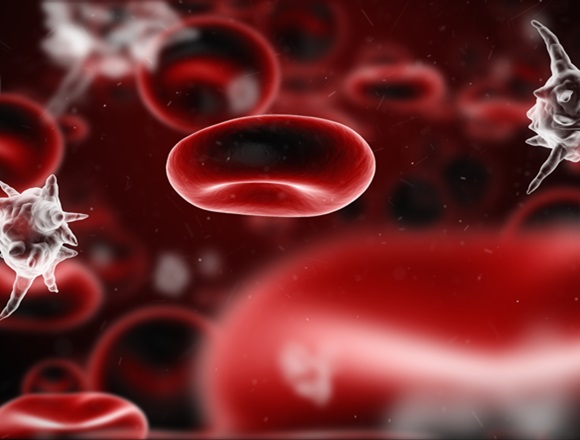Marianna Arvanitakis, MD, PhD, is a professor of medicine and head of the Clinic of Pancreatology and Clinical Nutrition at the Erasmus University Hospital in Brussels, Belgium. Her main clinical and research interests are pancreatic diseases, clinical nutrition, and endoscopy.
What are the principles of diagnostic workup and treatment of diabetes in individuals with chronic pancreatitis?
Marianna Arvanitakis, MD, PhD: Another complication that we encounter in patients with chronic pancreatitis is endocrine insufficiency, so it’s pancreatogenic diabetes. This is termed type 3c diabetes and we encounter it also in patients with chronic pancreatitis. It is mostly related to a long duration of the disease, so we will find it after 10 or 15 years after the diagnosis. Something that we should know about the diagnosis is that it might be challenging. There are some criteria now that have been established to diagnose type 3c diabetes, or pancreatogenic diabetes, which is having signs of decreased insulin production—because it’s related to the destruction of the beta cells—and having no criteria for type 1 diabetes.
The other diseases that are related to this type 3c diabetes are also [ones] where we have other causes of loss of beta-cell function, anatomical or functional. Apart from chronic pancreatitis, we can have surgery, pancreatic cancer, or hemochromatosis, but, of course, chronic pancreatitis is the most frequent cause. Treatment involves detecting the patient, so in all our chronic pancreatitis patients we’re going to do laboratory assessment every 6 months to 1 year, with glucose levels and glycated hemoglobin (HbA1c) levels, to detect diabetes. Also, if you have diabetes diagnosed in these patients, you have to be sure there is no pancreatic cancer, because these are 2 situations that are a risk for pancreatic cancer. So, we do a cross-sectional imaging to be sure that there’s no presence of pancreatic cancer in our chronic pancreatitis patients presenting with diabetes.
We start treatment with metformin if the HbA1c levels are <8%, but we might have to go to insulin, and usually we refer these patients to an endocrinologist. The complexity of the management is that we have to avoid hypoglycemia because these patients also lack the cross-regulation of glucagon because also the alpha cells are destroyed. This is something that makes this management a bit more complex.
 English
English
 Español
Español
 українська
українська





